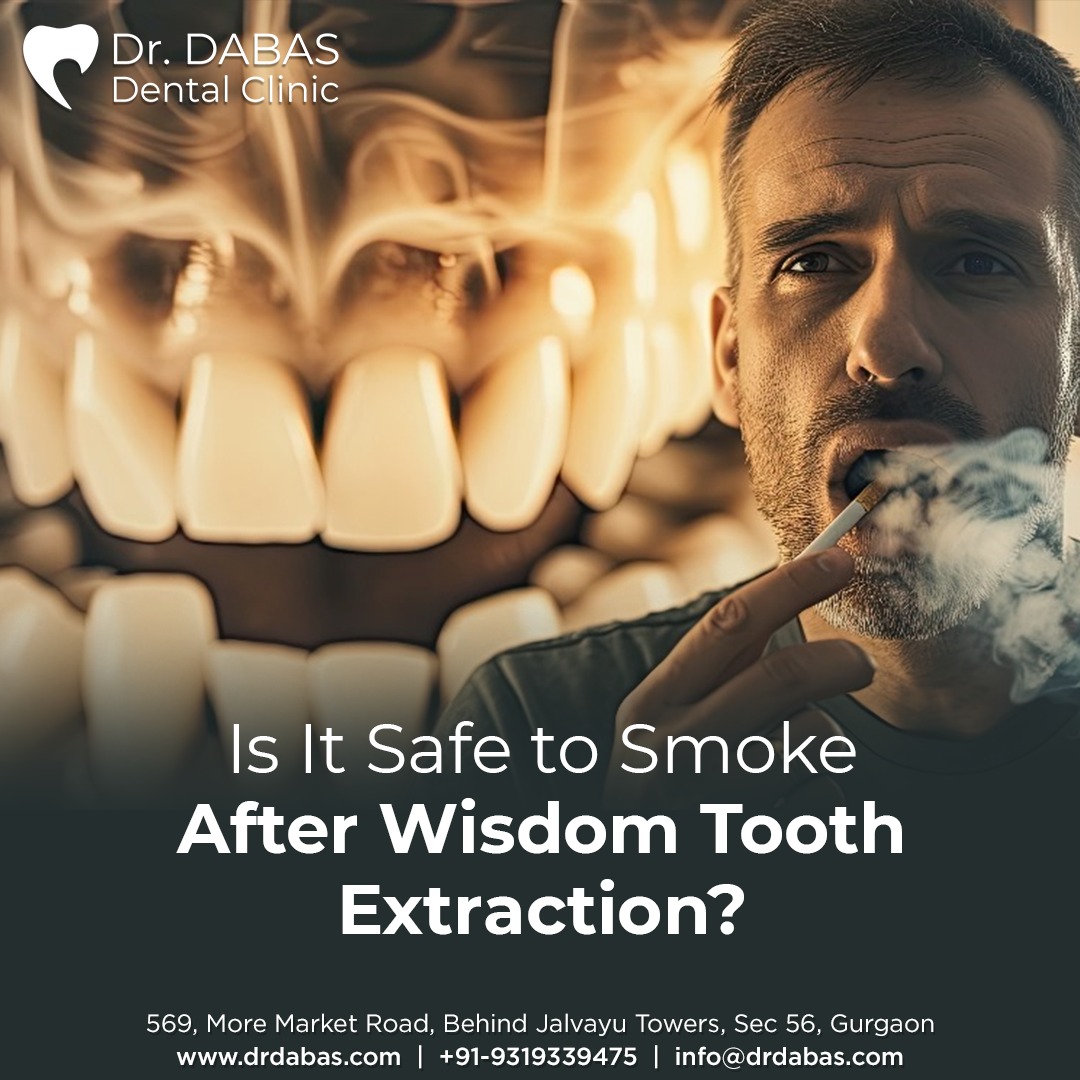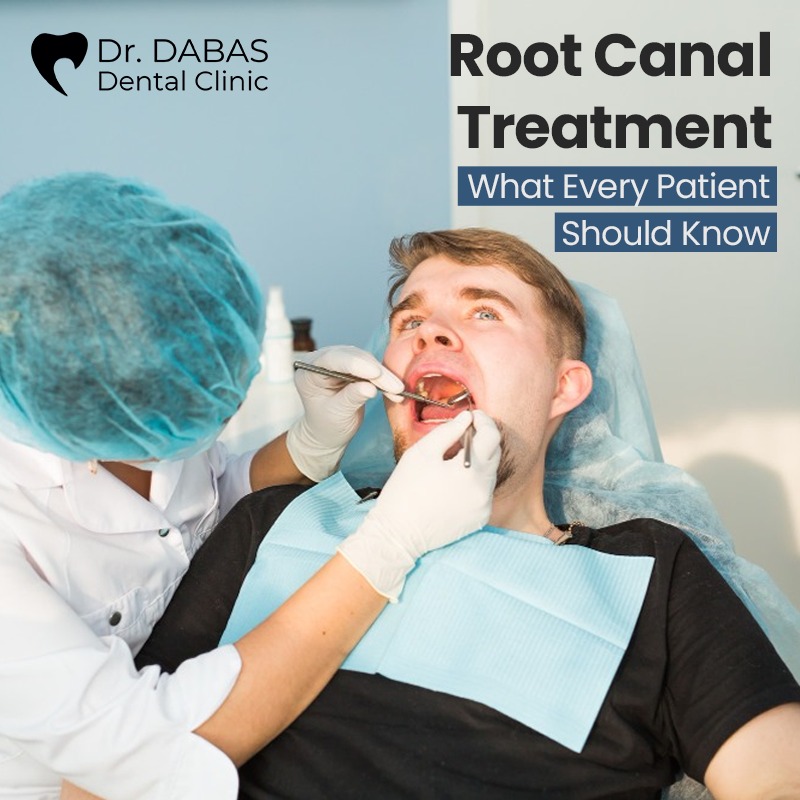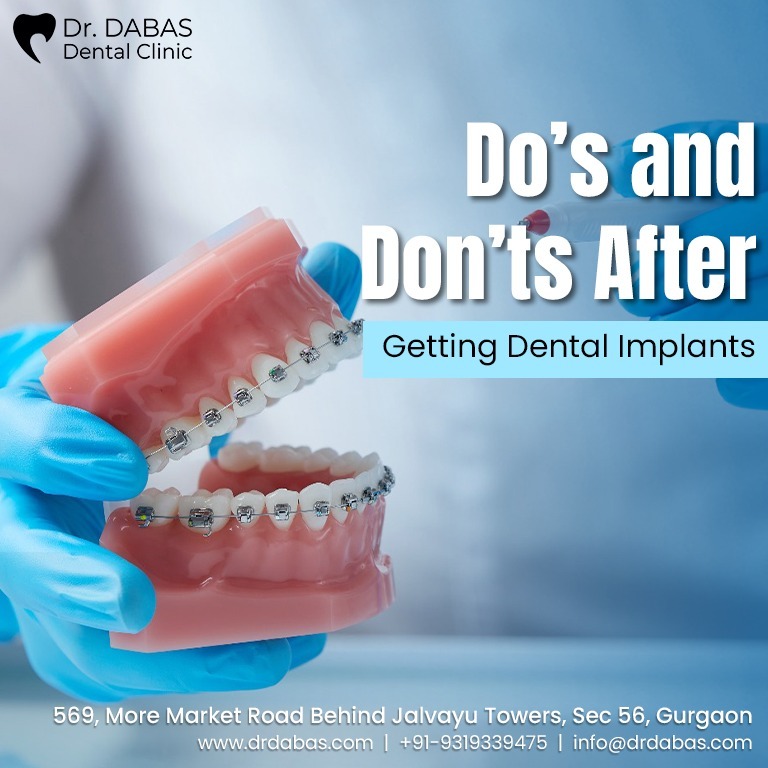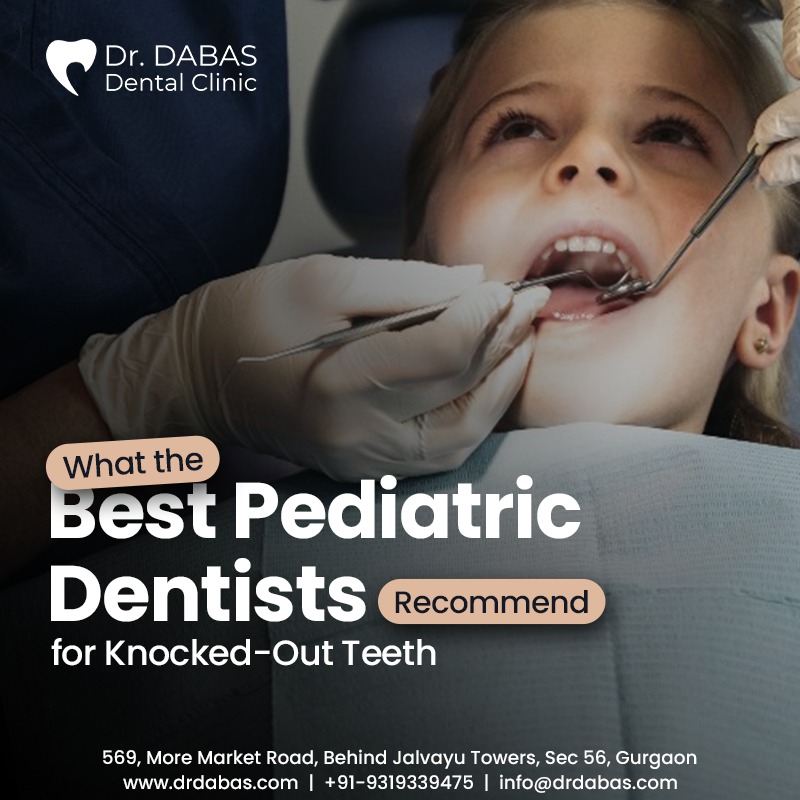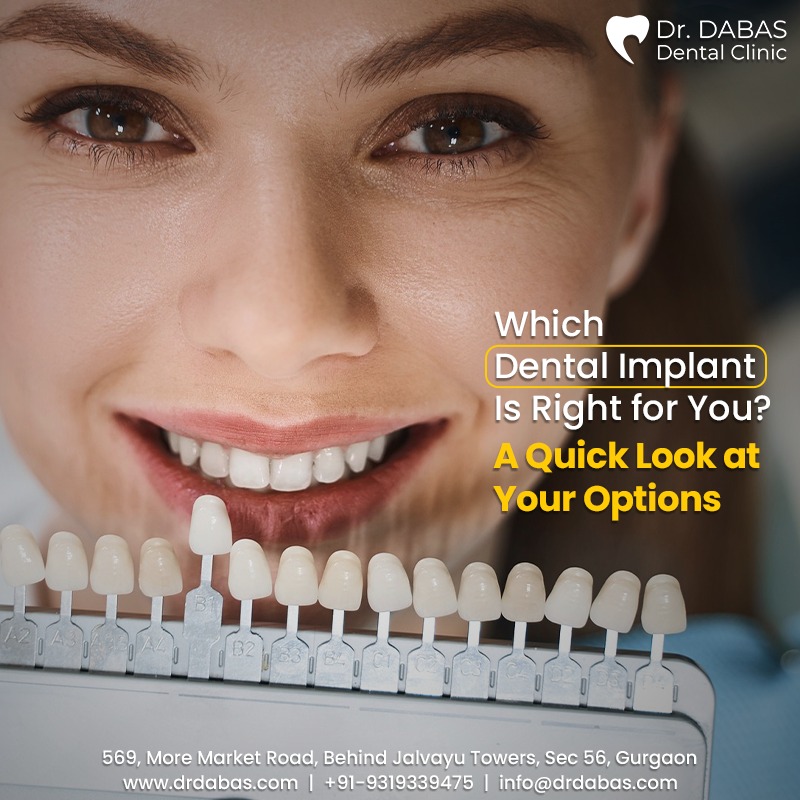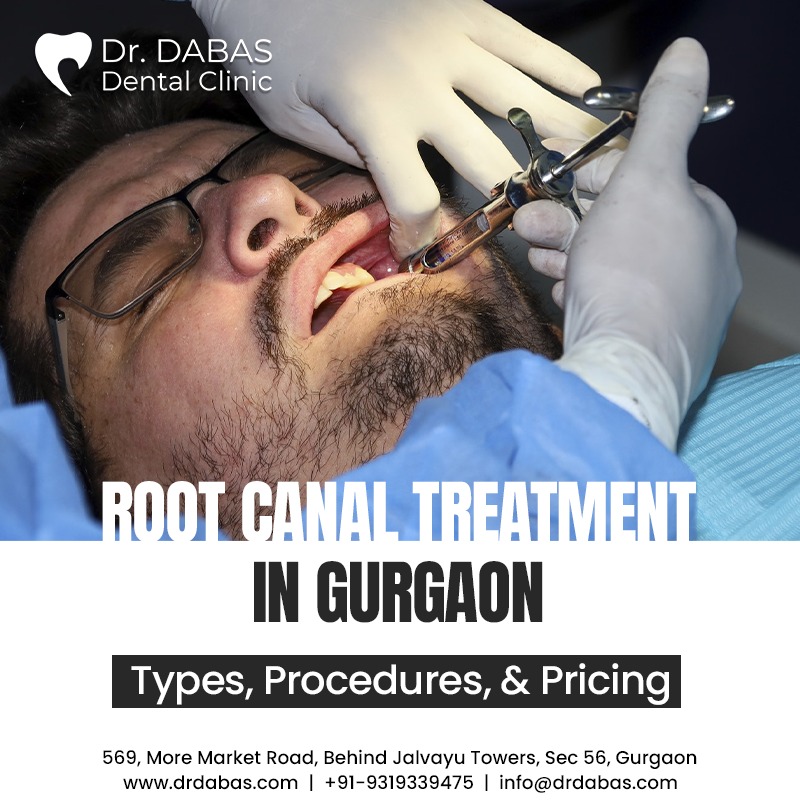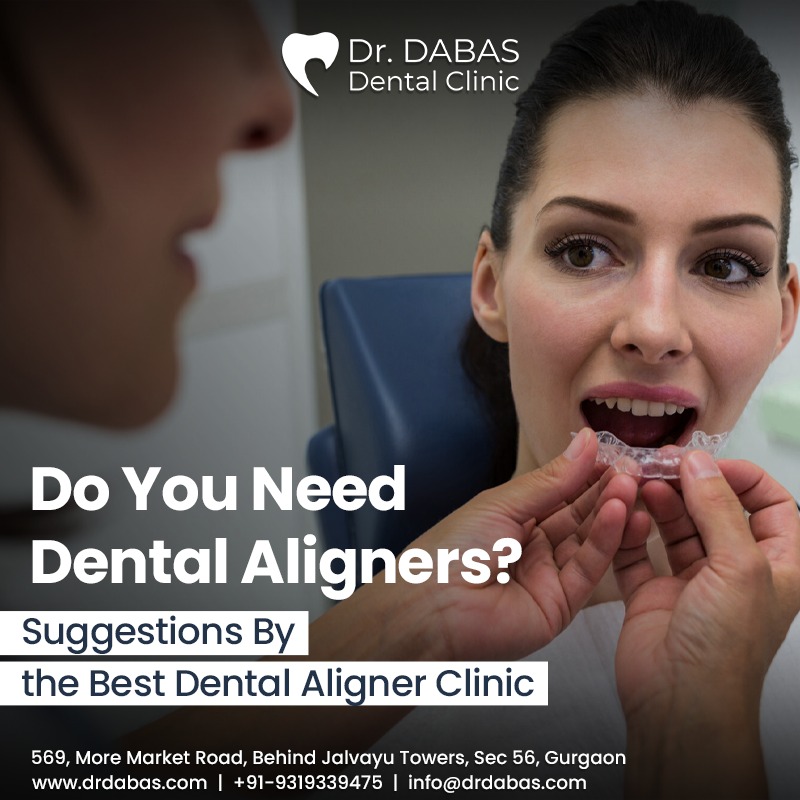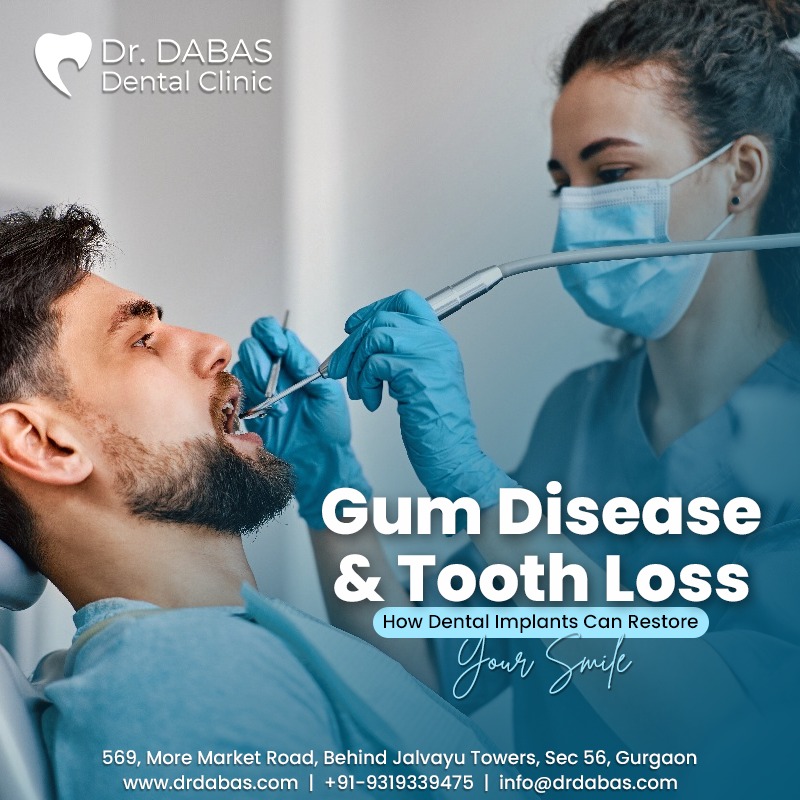Dr Dabas Dental Clinic’s Wisdom tooth extraction is a common dental procedure often done to relieve pain, and prevent overcrowding & infection.
Continue readingRoot Canal Treatment: What Every Patient Should Know
Amongst all dental procedures, “root canal” is the one that often makes people nervous. Most people assume it is painful or complicated but the truth is, with the right care & dentist, it can be a smooth and comfortable experience. If you’re considering root canal treatment in Gurgaon here’s everything you need to know
Continue readingDo’s and Don’ts After Getting Dental Implants
Getting dental implants is a big step towards restoring your smile & oral health. But just like any surgical procedure, how you take care of them afterward plays a huge role in their success.
Continue readingTop Orthodontist in Gurgaon Shares the Secret to Straighten Kid’s Teeth
The teenage years are a time of constant change. From physical growth and emotional development to academic pressures & social dynamics, there’s already a lot for adolescents to navigate.
Continue readingWhat the Best Pediatric Dentists Recommend for Knocked-Out Teeth
At Dr. Dabas Dental Clinic, we’ve seen many such cases, and we want you to know—you’re not alone, and there’s always a solution. As a trusted pediatric dentist in Gurgaon, we believe in preparing parents for these kinds of unexpected moments.
Continue readingWhat to Do If Your Root Canal Treatment Fails
Root canal treatments are often considered a reliable solution to save a damaged or infected tooth. In most cases, they bring relief & restore function.
Continue readingWhich Dental Implant Is Right for You? A Quick Look at Your Options
At Dr. Dabas Dental Clinic, we focus on delivering the most efficient & personalized dental treatment in Gurgaon. In this article, we are here to help you find the implant option that suits you best—so you can get back to smiling, naturally and confidently.
Continue readingRoot Canal Treatment in Gurgaon: Types, Procedures, and Pricing
Ever had a toothache so bad that even your favorite food feels like a nightmare? That could be a sign of deep infection, & Root Canal Treatment
Continue readingDo You Need Dental Aligners? Suggestions By the Best Dental Aligner Clinic
A confident smile can change everything – from boosting self-esteem to improving oral health.
Continue readingGum Disease and Tooth Loss: How Dental Implants Can Restore Your Smile
Gum disease, also known as periodontal disease is one of the most common yet serious dental problems that people usually face.
Continue reading
